A price floor is a government or group imposed price control or limit on how low a price can be charged for a product good commodity or service.
A government imposed price floor of dollar 2 will result in.
Price ceilings and price floors.
The effect of government interventions on surplus.
Price and quantity controls.
As a result of the price ceiling a.
Government imposed price ceilings on.
What is the value of the portion of consumer surplus transferred to producers as a result of the price floor.
The supply curve for physicals shifts to the left.
This is the currently selected item.
Minimum wage and price floors.
Suppose the government sets the price of wheat at p f.
The intersection of demand d and supply s would be at the equilibrium point e 0.
Price floors are used by the government to prevent prices from being too low.
However a price floor set at pf holds the price above e 0 and prevents it from falling.
A price floor is the lowest legal price a commodity can be sold at.
A price floor that is set above the equilibrium price creates a surplus.
How price controls reallocate surplus.
A price ceiling is a type of price control usually government mandated that sets the maximum amount a seller can charge for a good or service.
A government imposed price floor of 12 in this market results in supply curve for chocolate bars to shift up by 0 10.
The most common price floor is the minimum wage the minimum price that can be payed for labor.
Percentage tax on hamburgers.
A price floor example.
Price floors are also used often in agriculture to try to protect farmers.
Example breaking down tax incidence.
The demand curve for physicals shifts to the right.
Taxation and dead weight loss.
Recently the government imposed a rent ceiling of 1 000 per month.
Suppose the equilibrium price of a physical examination physical by a doctor is 200 and the government imposes a price ceiling of 150 per physical.
The result of the price floor is that the quantity supplied qs exceeds the quantity demanded qd.
Notice that p f is above the equilibrium price of p e.
Figure 4 8 price floors in wheat markets shows the market for wheat.
A price floor must be higher than the equilibrium price in order to be effective.
The equilibrium price commonly called the market price is the price where economic forces such as supply and demand are balanced and in the absence of external.
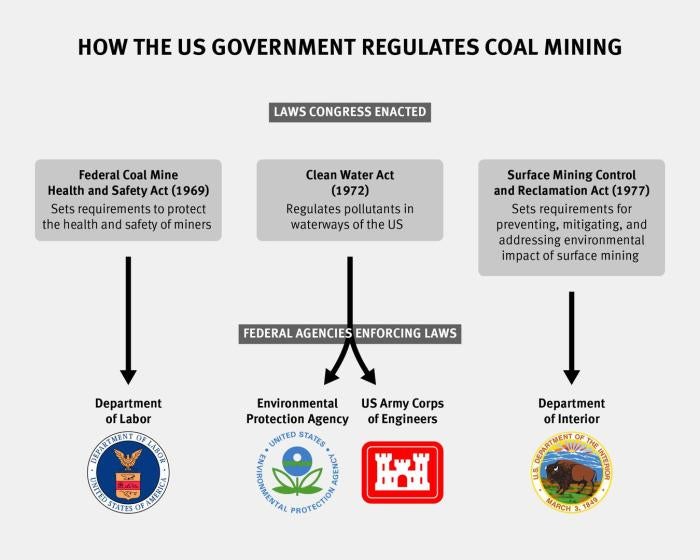



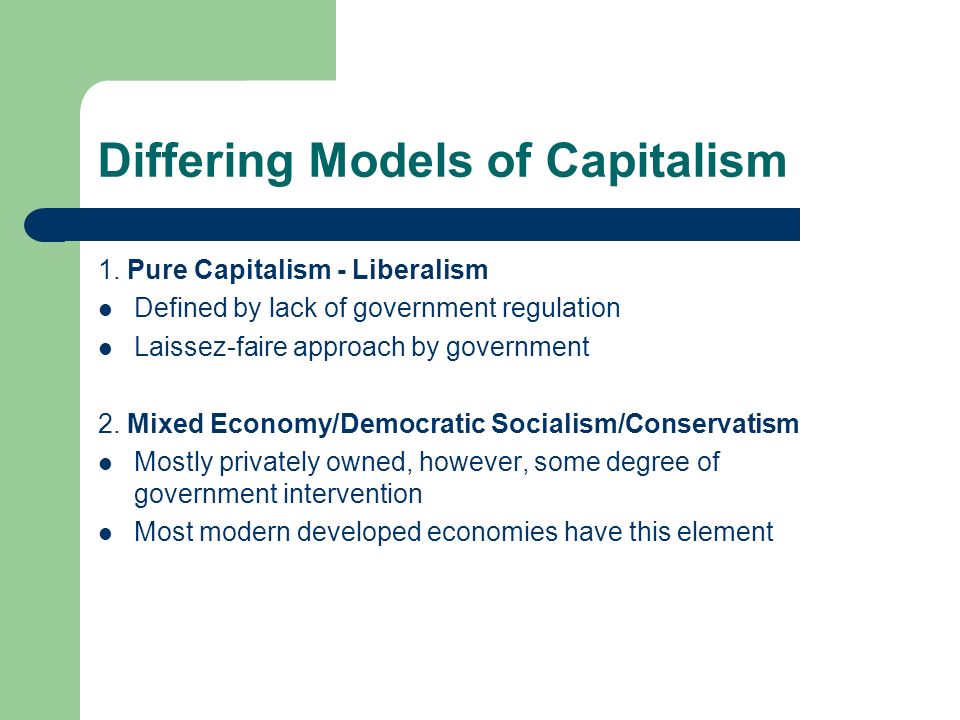





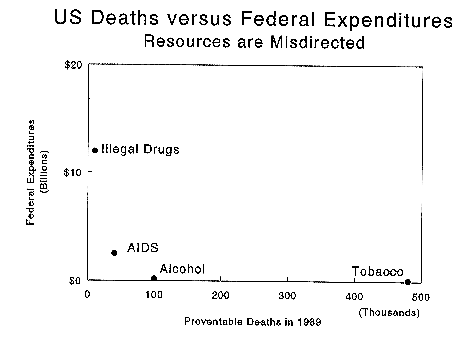

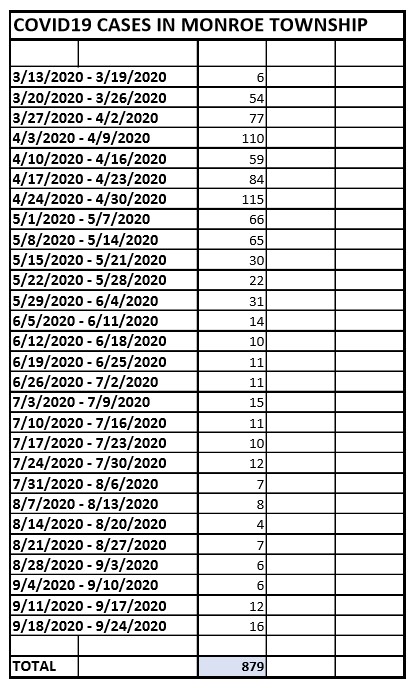
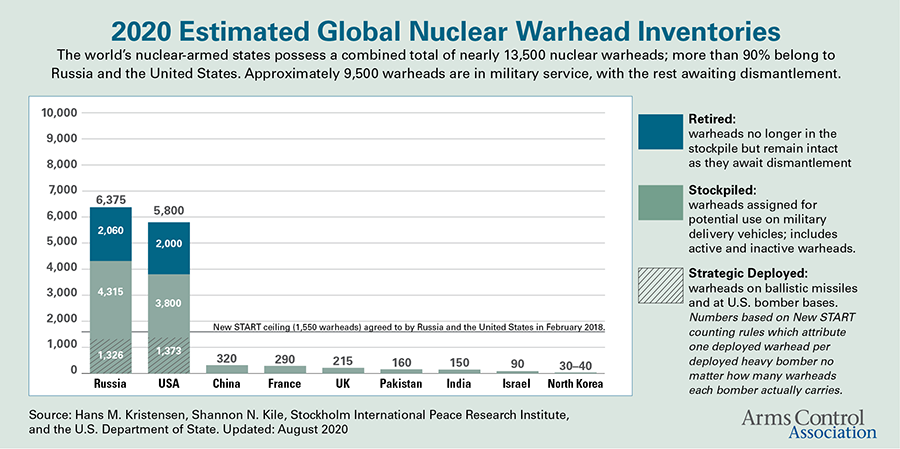





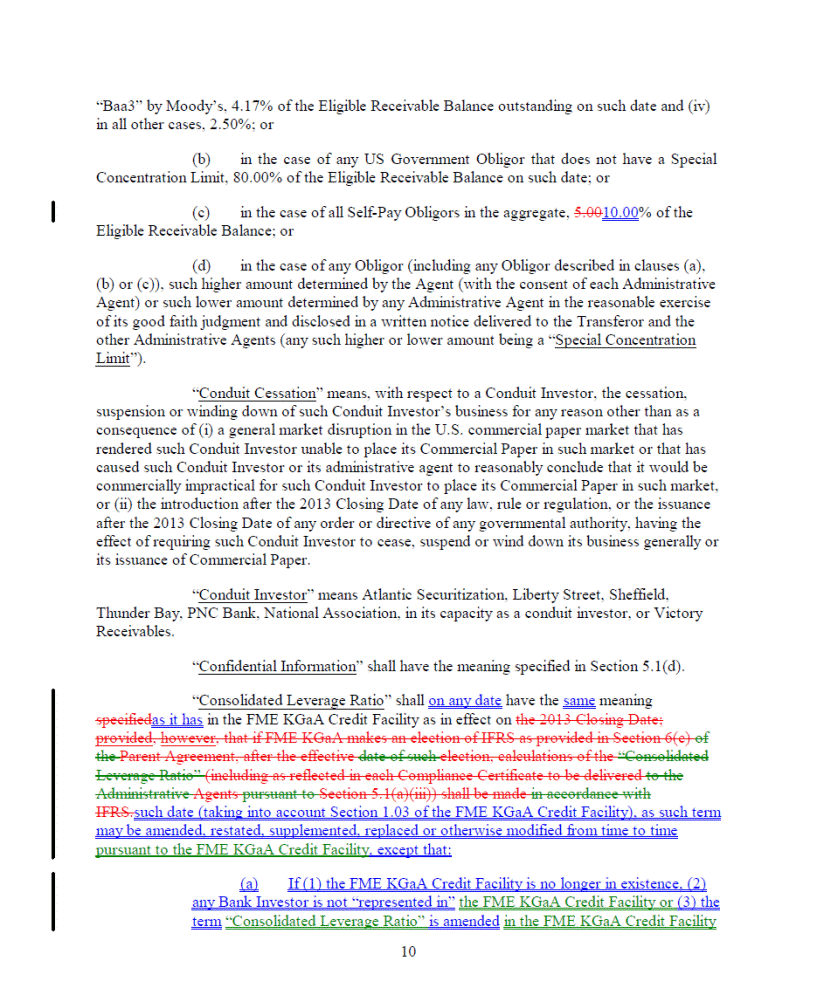

/GettyImages-1148634836-da5433731db74b8f9d33fc713a00425a.jpg)
